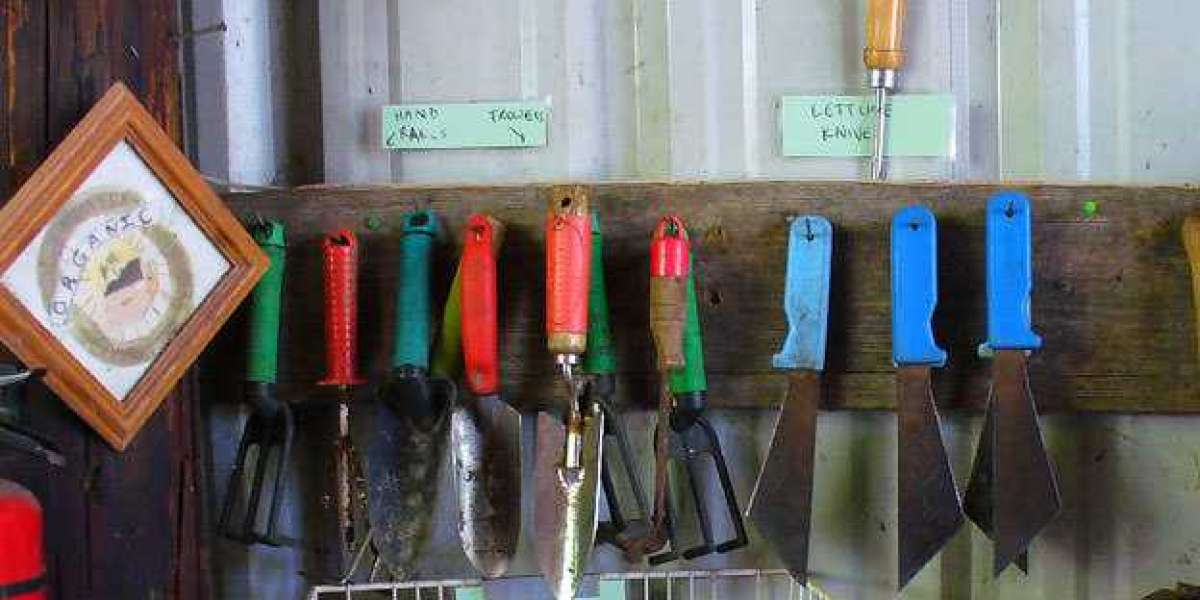Harvesting tools are essential equipment for farmers and gardeners alike. They are designed to make the task of harvesting crops and plants more comfortable and efficient. However, choosing the right harvesting tools can be challenging, especially for novice farmers or gardeners. In this article, we will discuss the various types of harvesting tools, their uses, and maintenance.
Types of Harvesting Tools:
1. Scythe: A scythe is a long, curved blade attached to a handle used for cutting grass, wheat, or other grains. It is ideal for cutting large areas of crops and can be used to clear fields of weeds.
2. Sickles: Sickles are small, curved blades used to cut crops such as rice, wheat, and barley. They are also suitable for pruning plants, especially those with hard-to-reach branches.
3. Pruning Shears: Pruning shears are designed to trim and shape plants, especially trees and shrubs. They come in different sizes and shapes, and some are equipped with adjustable blades to suit different types of plants.
4. Fruit Pickers: Fruit pickers are designed to help harvest fruits such as apples, peaches, and plums. They come with a long handle and a basket at the end for collecting fruits.
5. Harvest Knives: Harvest knives are used for harvesting vegetables, fruits, and flowers. They come in various sizes and shapes, and some have serrated edges to make cutting easier.
Uses of Harvesting Tools:
Harvesting: Harvesting tools are primarily used for harvesting crops and plants, including fruits, vegetables, flowers, and grains.
1. Pruning: Pruning shears and sickles are ideal for trimming and shaping plants, especially those with hard-to-reach branches.
2. Clearing Fields: Scythes are used for clearing fields of weeds and other unwanted plants.
3. Cultivating Soil: Harvest knives and sickles can also be used for cultivating soil and preparing it for planting.
Maintenance of Harvesting Tools:
1. Clean after use: After using any harvesting tool, it is essential to clean it thoroughly to remove any dirt, debris, or plant residues that may have accumulated on it.
2. Sharpen blades: Sharp blades are essential for efficient cutting. It is recommended to sharpen the blades of your harvesting tools regularly.
3. Store properly: To avoid rust and other forms of damage, store your harvesting tools in a dry place and away from moisture.
Conclusion:
Harvesting tools are crucial for farmers and gardeners, and choosing the right one can make all the difference in the success of your harvest. Whether you are harvesting crops, pruning plants, or clearing fields, there is a tool designed for every task. By following the proper maintenance practices, you can ensure that your harvesting tools last for a long time and remain efficient.







